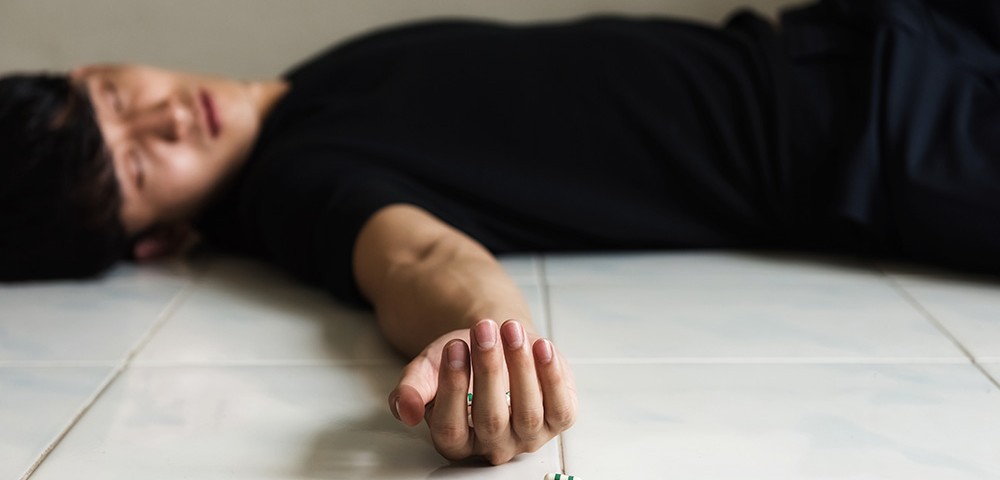We are here to help you! Call us: 888-308-2529
We are here to help you! Call us: 888-308-2529

Recent studies and surveys demonstrate that many older children and teens profusely abuse illicit and pharmaceutical drugs. Even though many teens just experiment with these prescription drugs to get high or for pleasure, 8% of those children are likely to develop a substance abuse disorder. According to a 2008 SAMHSA study, over 2,000 kids a day ages 12 to 17 abuse prescription drugs for the very first time. It is extremely important to protect your child from the dangers of substance abuse because once your child develops addiction, it may lead to more problems relating to social issues, early death, etc.
All kinds of prescription pills including painkillers are regulated by government as these drugs can be extremely harmful and can create numerous problems if misused repeatedly. Painkillers should only be used by patients if they are prescribed to them by doctors for a certain period. Doctors prescribe painkillers to patients if they are 100 percent determined about the fact that a certain painkiller will be beneficial and effective to treat the medical condition of the patient. Anyone who uses or prescribes a painkiller or any prescription pill without consent of a doctor, is committing an unlawful deed.
Using painkillers against your doctor’s instructions such as taking higher doses or using painkillers more frequently than what your doctor suggested is also substance abuse and unlawful.
The most common prescription drugs abused by teens are the ones that will easily be accessible to them. In this case, it happens to be painkillers. Children and teens can get access to painkiller in their own house as these are readily available. Parents, grandparents or any other adults in most houses keep their medications in restrooms or bedrooms where a child can easily reach them. Kids who use abuse painkillers may even give medications to other kids. Some of these painkillers are:
Cough medicine: Many prescription medicines such as cough medicine contain codeine or pseudoephedrine which is a narcotic painkiller. Codeine is an addictive opiate and can even lead to overdose deaths. Code names that kids use for cough medicine include skittles, candy, robo, triple C, etc. Popular code name for abusing over-the-counter cough medicine is also Robo-tripping.
Vicodin: Vicodin is a painkiller that is often prescribed to hospital patients who have recently undergone surgery. It is very powerful and addictive and can create a euphoric feeling when children or teens abuse it to get high. Other signs of Vicodin abuse are hallucinations, confusion and extreme weariness.
Oxycontin: Oxycontin is both immediate and controlled release formulation of oxycodone. This prescription narcotic is a pain reliever and is easily available to teens after minor surgeries and medical conditions such as wisdom tooth extraction, sports injury, migraines, etc. Higher doses of oxycontin can lead to drug dependency and is turning into a major cause of substance abuse epidemic.
Tylenol: Acetaminophen is an active drug in Tylenol that is used to relieve pain. Tylenol isn’t addictive like most prescription narcotics, so adolescents and teens don’t abuse it to get high. It has subtle cognitive effects like alcohol and Xanax. Higher dose of Tylenol may lead to liver failure and eventual death. Therefore, parents should avoid given their young children medicine that contains acetaminophen unless it is necessary.
We can help you identify symptoms of substance abuse, essentially abuse of painkillers and how to talk over your worries with your adult child. It is very important to not assume anything before you have concrete evidence, so keep calm till you have all the information suspecting your child of substance abuse. Recovery is a difficult journey but with your love and support, your child can resume back to normal life by overcoming the addiction.
If you suspect that your child is abusing painkillers, opiates or other prescription pills for that matter, here are some signs that you should look out for:
Physical signs of drug abuse:
Emotional symptoms of drug abuse:
Other signs that you might want to pay attention to:
Withdrawal signs:
If your child isn’t getting access to painkillers anymore or stops using them on their own, there might be obvious withdrawal signs you should take note of. If the signs are noticeable, try asking more questions just to be sure.
If your child shows majority of symptoms mentioned earlier, he or she maybe suffering with substance abuse. An adolescent developing a serious illness like addiction will eventually have to face other damaging consequences later in life. It is important to talk to your child about this. The craving for drugs such as painkillers or other prescribed medicines or illicit drugs will gradually increase as children do not possess the ability to manage use.
At this point, proper addiction treatment through a drug rehab center is necessary for your child. Prescription pill/drug detox like heroin detox or meth detox can be uncomfortable but Luxury drug rehab centers make sure to serve your child in the best possible manner. Luxury rehabilitation centers can ensure maximum medical care and psychological treatment to your child suffering with substance abuse.
You child may have to go through proper course of treatment such as a medical detox, several counseling and therapy sessions, aftercare, etc. to get heal from the illness but unlike standard drug rehab centers, luxury rehab treatment centers ensure that your child have access to multiple other facilities such as 24/7 medical care, holistic care services, family counselling, individual and group therapy, aftercare programs and much more so your child doesn’t feel uneasy at this difficult stage of life.
Abuse of prescription pill can impact every stage of your child’s life. If, you find out that your child is abusing prescribed pills or drugs such as painkillers, https://www.affinityrecovery.com/ can help. Prescription drug detox can be uncomfortable, but we’re luxury rehab that can serve your children in best possible manner.
Affinity Recovery Is Designed
To Provide Clients With Highly Effective
Addiction Treatment Options.